Freedom of the Press: Government Does Not Know Best
David Miranda, who was detained for nine hours in Heathrow Airport on August 18, 2013 on suspicion that he might have violated anti-terrorism laws, apparently had no grounds for complaint. The United Kingdom’s High Court found that the actions taken against the partner of Glenn Greenwald, a key participant in the surveillance disclosures of Edward Snowden, were justified under paragraph 2(1) of Schedule 7 of the Terrorism Act 2000 (UK). When Miranda was stopped, he had been carrying encrypted material drawn from the data provided by Snowden.
Miranda, who was also joined by a coalition of free-speech organizations and media activists, had asked three questions in the case. The first was whether the police were legally entitled to stop and question him at a port or border area to determine whether he appeared to be involved “in the commission, preparation or instigation of acts of terrorism.” The second, whether police conduct was disproportionate; and the third, whether paragraph 2(1) was “repugnant to the right of freedom of expression guaranteed by Article 10 of the European Convention on Human Rights and Fundamental Freedoms (ECHR).”
A few points of the judgment have escaped general discussion, most notably its rather anemic view on press liberties and the role of the fourth estate. For one, Lord Justice Laws did not seem troubled by “the bare proposition that the definition of terrorism in s. 1 [of the Terrorism Act 2000] is very wide or far reaching.” Besides, showing that customary, even blind faith, in the principle of proportionality, the justices suggested that Schedule 7 would be controlled by the sheer force of “reasonableness.” (For those with an even mild acquaintance with the law, the reasonable subject is ever elusive, the straw man of jurisprudence.)
In true Pickwickian style, Greenwald’s “responsible journalism” was considered “didactic,” while British officials had been unjustly accused of “bad faith.” When in doubt, favor the government side. Greenwald had keenly rejected the argument that a government official might hide behind the defense of national security to prevent the release of material. That point — and here the view is striking — was “true but trivial.”
The Lord Justice proved strikingly paternalistic, taking a full swipe at the very practice of journalism on subjects sensitive to security. How, he seemed to be suggesting, could they actually know whether the material published would, in fact, endanger life or security? “Neither the claimant, nor Mr Greenwald,” he opined dismissively, “is in a position to form an accurate judgment on the matter.”
The default position here is one of deferral to the judgment of the state: a dangerous state of affairs if ever there was one. Governments will get much cheer from the reasoning of the High Court, if only because they know that the journalistic craft will come second to the credo of secrecy in the name of security. They will be able to rely on the Lord Justice’s words that “the journalist may not understand the intrinsic significance of material in his hands; more particularly, the consequences of revealing this or that fact will depend upon the knowledge of the whole ‘jigsaw’ (a term used in the course of argument) of disparate pieces of intelligence, to which the classes of persons referred to by Mr Greenwald will not have access.” (Those classes of persons being “legal experts” or “experienced editors and reporters”.)
The practitioners of secrecy will also be emboldened by the decision’s rejection about the political role played by engaged journalism. According to the judges, the submissions made in evidence by Miranda suggested “that journalists share with government the responsibility of measuring what is required by way of withholding publication for the protection of national security.” This, claimed the Lord Justice, was an unacceptable premise. Journalists were not accountable via Parliamentary channels. They did not have that valuable “jigsaw” of evidence. And they had no “constitutional responsibility” or status when it came to discussing matters of national security.
The Miranda decision is troubling on various levels. For one, it diminishes the value of the oversight that solid journalism provides. It enlarges government powers by effectively enshrining notions of national security over freedom of speech. It suggests that the practice of journalism can just as quickly become a designated “terrorist” activity – after all, they may not know any better. Furthermore, it suggests that measures taken under anti-terrorism legislation can just as easily be used in supposedly democratic countries that scold other states for doing the very same thing.
According to Greenwald, “The UK government expressly argued that the release of the Snowden documents (which the free world calls ‘award winning journalism’) is actually tantamount to terrorism, the same theory now being used by the Egyptian military regime to prosecute Al Jazeera journalists as terrorists.”
British authorities have been persistent in threatening journalists associated with the Snowden disclosures. Their weapon remains, as ever, the Terrorism Act 2000, particularly the provision that makes it illegal to “elicit, publish or communicate” information about members of the intelligence services.
Those at The Guardian fell under particular scrutiny from counter-terrorism officers keen to investigate whether those at the paper had committed an offense in relation to the former NSA contractor. “It appears possible, once we look at the material,” argued Cressida Dick, assistant commissioner at Scotland Yard, “that some people may have committed offenses.”
Tara Sonenshine , United States Under Secretary for Public Diplomacy and Public Affairs, was certainly stating the obvious when she noted the heavy toll exacted against journalists across the globe. Speaking on the occasion of World Press Freedom Day, Sonenshine took note of the grim figure of 600 journalists who have been “murdered with impunity since 1992” and the 250 journalists languishing in prisons globally. “They are incarcerated for simply doing their work – reporting to all of us what is going on in their communities and in their countries.”
The point is worth reiterating, especially to those in Sonenshine’s position. She admits that governments, “misuse terrorism laws to prosecute and imprison journalists.” The material Snowden supplied, the subject matter in Miranda’s possession when he found himself being detained at Heathrow, was vital. It served a fundamental purpose: to expose massive, unaccounted surveillance by supposedly free states against their own citizens and those of allied countries. The attitudes of the British justices suggest, even more than their American colleagues, a cozy approach to authoritarianism when it is deemed in “the best interest” to exercise it. At best, it suggests a reluctance to gaze behind the veil of state impunity when it comes to matters of surveillance. The reasoning, crudely put, is that government knows best while journalists don’t.
Editor’s Notes: Photographs two, four, five and nine by Free Press. Photographs three, six, seven and eight from Truthout.
Related Articles


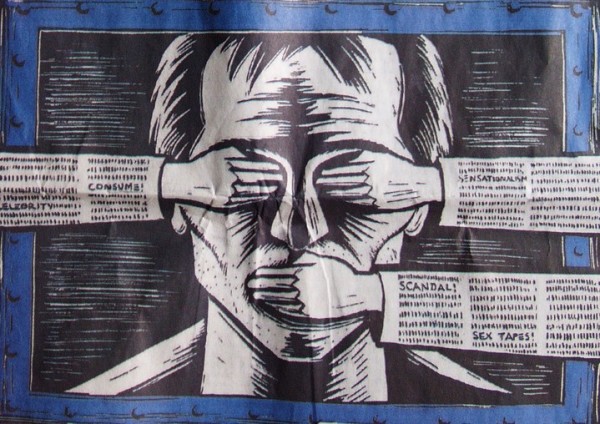
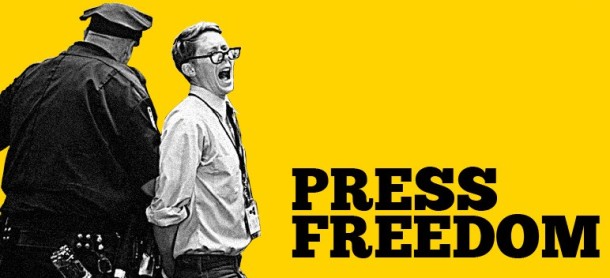
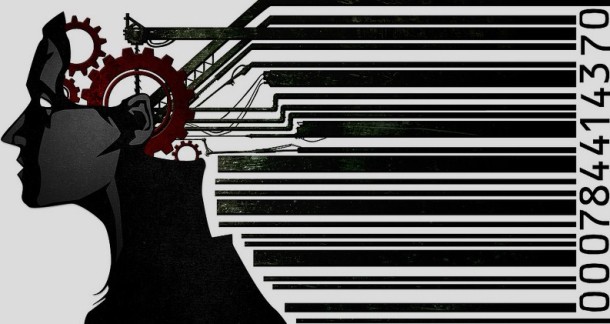

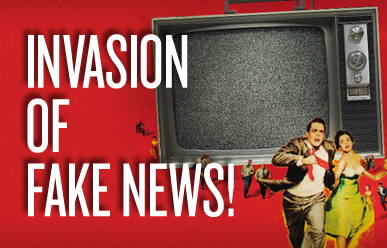
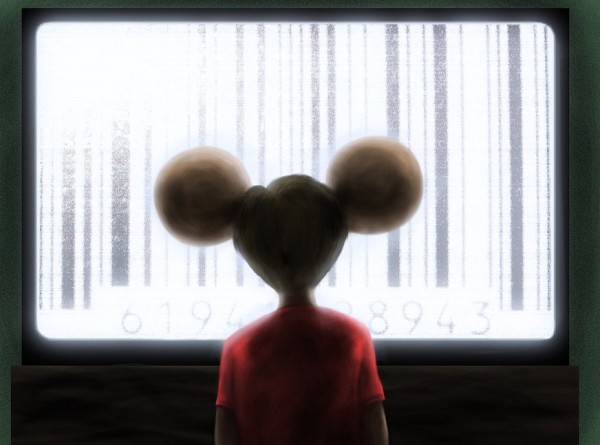
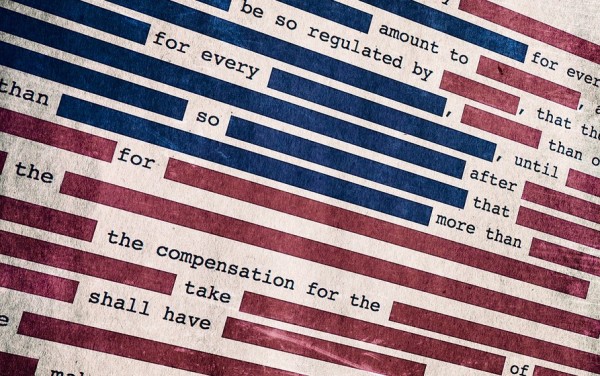
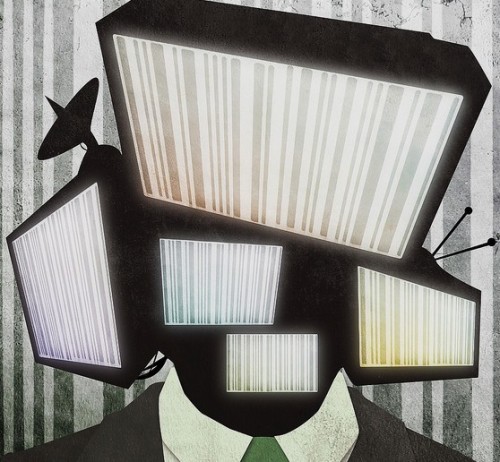












One Response to Freedom of the Press: Government Does Not Know Best
You must be logged in to post a comment Login